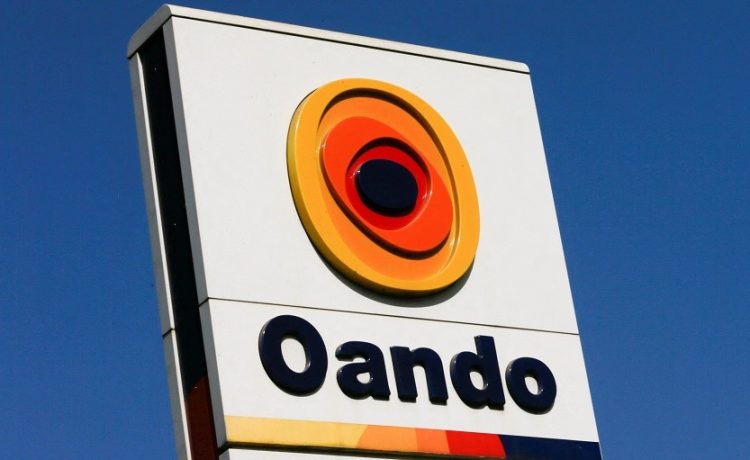Oando PLC, Africa’s leading integrated energy company listed on both the Nigerian Exchange Group (NGX) and Johannesburg Stock Exchange (JSE), has announced its audited full-year 2024 financial results, showing a 44% rise in revenue to ₦4.1 trillion, up from ₦2.9 trillion in 2023. Profit-after-tax also surged **267% to ₦220 billion, marking a defining year for the company.
Upstream Growth Fueled by NAOC Acquisition
In the upstream segment, Oando reported a 3% increase in total production to 23,727 barrels of oil equivalent per day (boepd). Crude oil production rose by 27% to 7,558 bopd, while natural gas liquids (NGLs) and gas volumes declined by 35% and 5% respectively.
A key driver behind this performance was the successful acquisition and integration of Nigerian Agip Oil Company (NAOC) in August 2024. This deal doubled Oando’s interest in OML 60–63 assets from 20% to 40% and nearly doubled its 2P reserves to 983 million boe, with a robust reserves replacement ratio of 188%.
Oando maintained a strong operational uptime of 86%, ensuring reduced deferred production and improved reliability.
Downstream Decline Amid Market Restructuring
The downstream business faced headwinds. Crude oil trading volumes fell **37% to 20.7 million barrels**, while refined product volumes dropped **64% to 599,000 metric tons**, largely due to weakened domestic demand and macroeconomic challenges in Nigeria.
Clean Energy Making Measurable Progress
Despite challenges in the fossil fuel space, Oando continued to push its renewable energy agenda. By year-end 2024, its electric mass transit program had covered 121,145 km, transported over 205,000 passengers
Displaced 163,546 kg of CO₂, Saved over 60,000 litres of diesel
The company also signed Memorandums of Understanding (MoUs) for wind energy projects with Cross River and Edo States and launched a geothermal feasibility study with NNPC.
2025 Outlook: Execution and Expansion
Looking forward, Oando has issued a 2025 production guidance of 30,000–40,000 boepd, reflecting the full-year impact of the NAOC acquisition. CEO Wale Tinubu emphasized that 2025 will be the company’s “year of execution,” with a focus on:
Unlocking synergies from the acquisition
Strengthening security to combat oil theft
Cost optimization and balance sheet restructuring
Enhancing operational efficiency through technology
Increasing production to reach 100,000 bopd and 1.5 Tcf of gas by 2029
Industry-Wide Impact: Indigenous Players Rising
Oando’s performance reflects a broader trend among Nigerian indigenous energy companies. Following recent divestments by International Oil Companies (IOCs), local firms like Seplat and Aradel also posted significant revenue growth. These players are increasingly viewed as better suited to manage onshore and shallow water assets, ensuring greater local content, job creation, and retention of oil revenue within the country.







